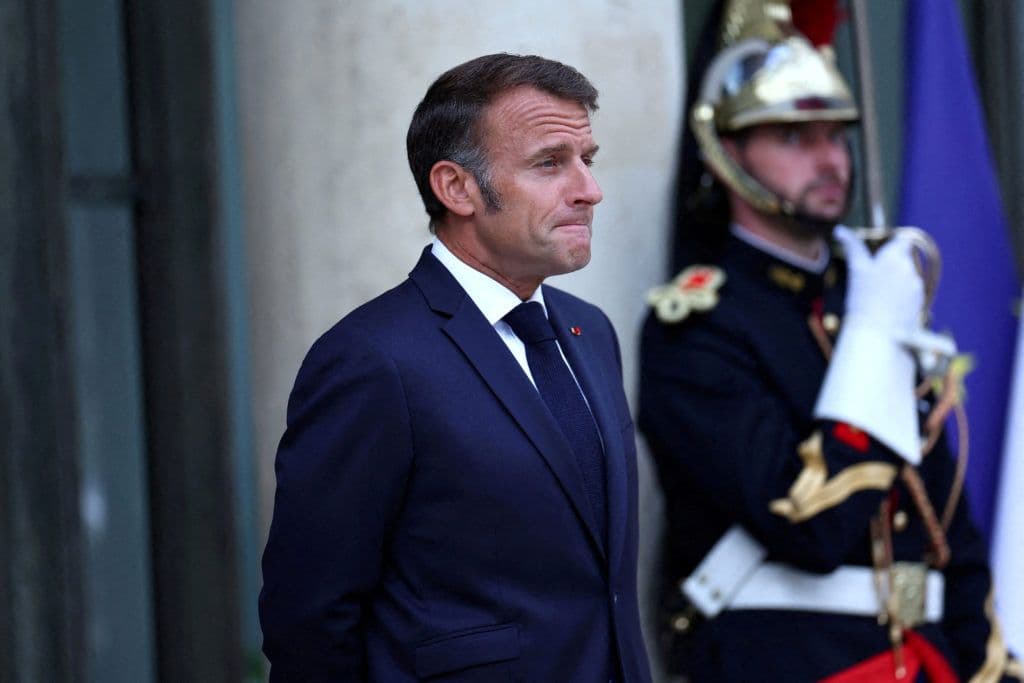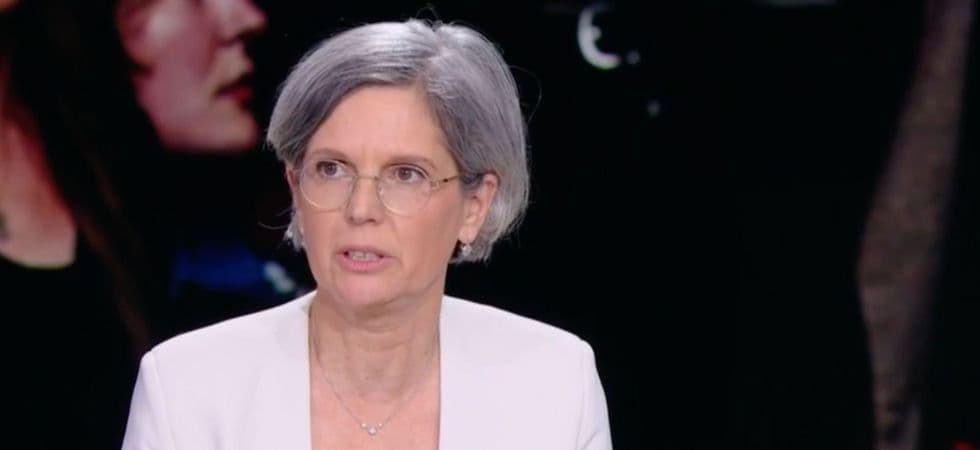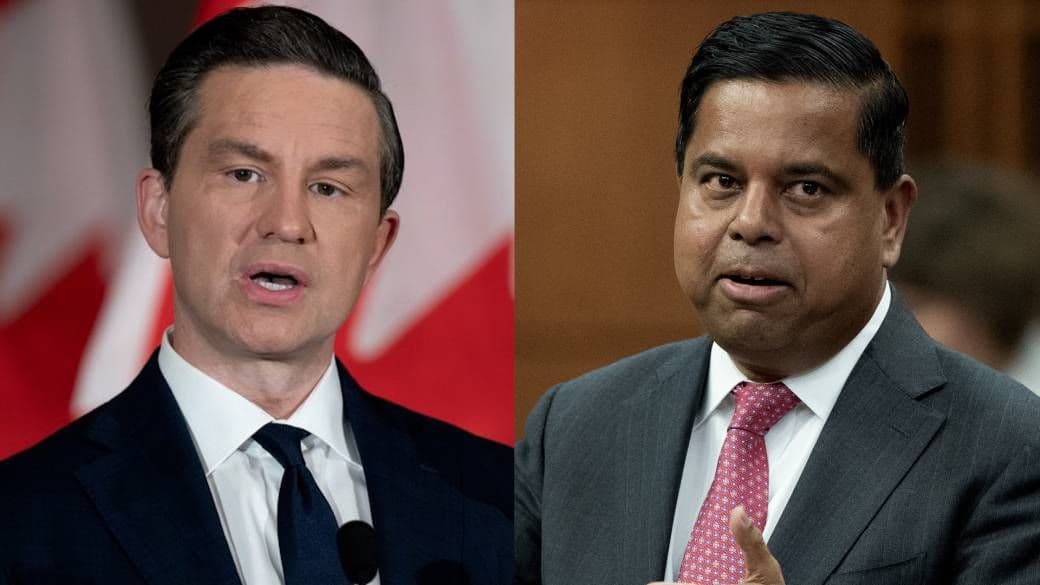From Sarkozy's Protege to Macron's Linchpin: Lecornu's Precarious Dance with Power
Explore Sebastien Lecornu's rapid rise, Macron's high-stakes gambit, and the precarious balance of power as France's new PM navigates debt, discontent, and the far-right's influence.
The Ascent of a Political Maverick
Sébastien Lecornu's political journey began remarkably early, demonstrating an almost precocious ambition. At just 16, he was already canvassing for , a formative experience that clearly shaped his conservative leanings. By 18, he had become mayor of a small Normandy town, and at 22, Sarkozy appointed him as his youngest government adviser, marking a swift ascent through the ranks of the traditional right. However, Lecornu proved to be a pragmatist, not bound by rigid party lines. When first swept to power in 2017, Lecornu made a decisive break from the conservative to join Macron's nascent centrist movement, . Five years later, his loyalty and strategic acumen were further cemented when he was entrusted with running Macron's re-election campaign. This trajectory, from conservative protégé to Macron's trusted lieutenant, highlights a career defined by astute political navigation and an unwavering commitment to the executive power he serves, setting the stage for his most challenging role yet.

Macron's Unwavering Bet: Loyalty and Legacy
President 's decision to appoint the 39-year-old Lecornu as prime minister signals a clear, uncompromising strategy: to safeguard his pro-business economic legacy at all costs. In choosing a loyalist from his inner circle, Macron has effectively doubled down on his agenda of cutting taxes for businesses and the wealthy, alongside raising the retirement age – policies he views as non-negotiable for France's economic appeal to investors. This move, however, has predictably drawn sharp criticism. The centre-left immediately condemned the appointment as a "slap in the face of parliament," with lawmaker Philippe Brun suggesting it carried "the whiff of an end-of-reign." Even echoed this sentiment, describing it as "the last shot of Macronism." Yet, in this political maelstrom, there's a delicate balance. While the Socialists are alienated, the far-right , through , offered a cautious "lifeline," promising to judge Lecornu on his merits, albeit with "strict red lines." This nuanced reaction underscores the precarious parliamentary landscape Lecornu now inherits, especially after his predecessor, , was ousted over his attempts to tackle the nation's ballooning debt.
Navigating the Far-Right's Unseen Currents
Lecornu's path forward is intrinsically linked to the shifting sands of France's political right, particularly the far-right . His past interactions, including a discreet dinner last year with and her protégé , suggest a pragmatic willingness to engage across the political spectrum – a trait that now becomes paramount. RN officials have even hinted at offering "tacit support" to Lecornu's government, an unprecedented development that could fundamentally alter France's political dynamics. This potential alliance, however, comes with significant caveats. The RN has unequivocally stated its "red line": an absolute refusal to tolerate tax increases on "hard-working people." This stance directly clashes with the urgent need to address France's spiraling budget deficit, creating a formidable legislative tightrope for the new prime minister. Macron's choice, by alienating the centre-left, effectively pushes Lecornu into a position where his government's very survival in parliament might hinge on the unpredictable and strategically ambiguous support of the National Rally, forcing an uncomfortable dance with a party traditionally deemed beyond the pale.
France's Brewing Storm: The Budget, Debt, and Discontent
Lecornu's immediate and most daunting challenge is forging consensus on the 2026 budget, a task that proved the undoing of his predecessor and now looms as a potent political trap. France's economic landscape is increasingly troubled, with its deficit nearly doubling the 's 3% ceiling and the nation sinking deeper into a debt quagmire. This fiscal crisis unfolds against a backdrop of simmering popular discontent, epitomized by planned "Block Everything" protests threatening widespread disruption. The anger isn't just about abstract numbers; it's a visceral reaction to perceived inequality and a sense of political paralysis. Voters vividly remember how previous austerity measures, like those proposed by , disproportionately affected workers and retirees, while tax breaks for the wealthy remained largely untouched. The rejection of a proposed "rich tax" earlier this year further highlighted this glaring contrast, fueling the belief that nothing truly changes for the common citizen. This confluence of economic peril and profound public frustration, reminiscent of France's tumultuous Fourth Republic, casts a long shadow over Lecornu’s premiership, demanding not just fiscal responsibility but a delicate political touch to prevent the brewing storm from spiraling into unprecedented social unrest.
Related Articles

Pastures of Paradox: Sandrine Rousseau's Unlikely Breton Retreat

Pastures of Paradox: Sandrine Rousseau's Unlikely Breton Retreat

The Ink Dries, The Debate Rages: Promulgation's Paradox in Modern Governance

The Ink Dries, The Debate Rages: Promulgation's Paradox in Modern Governance

France's Volatile Canvas: Unpacking the Extreme Weather Divide

France's Volatile Canvas: Unpacking the Extreme Weather Divide

The Candid Confession: Anandasangaree's Dilemma Between Policy and Principle
